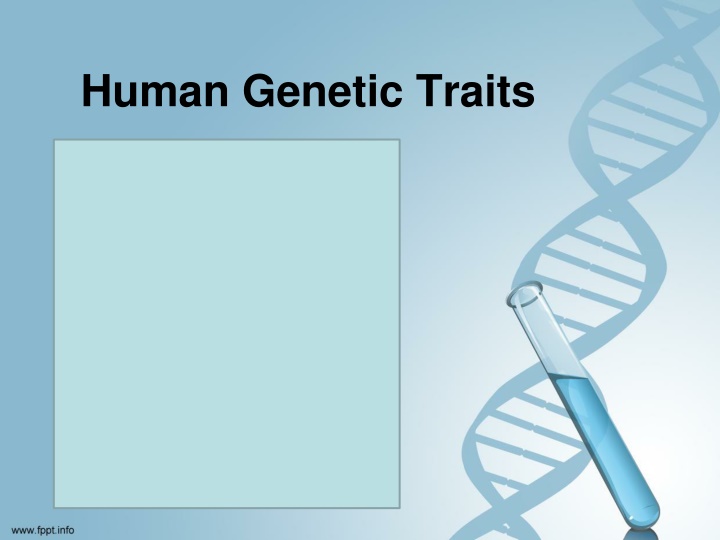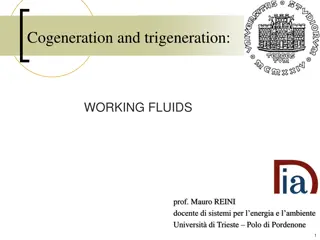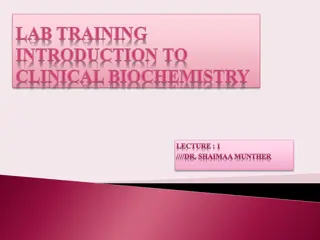IV Fluids in Clinical Practice
Explore the importance of fluid therapy in medical practice, focusing on historical context, physiological aspects, glycocalyx function, and the role of goal-directed therapy in improving patient outcomes. Learn about the impact of volume resuscitation, fluid balance in sepsis and critical illness, and the significance of individualized treatment approaches based on specific targets.
Download Presentation

Please find below an Image/Link to download the presentation.
The content on the website is provided AS IS for your information and personal use only. It may not be sold, licensed, or shared on other websites without obtaining consent from the author.If you encounter any issues during the download, it is possible that the publisher has removed the file from their server.
You are allowed to download the files provided on this website for personal or commercial use, subject to the condition that they are used lawfully. All files are the property of their respective owners.
The content on the website is provided AS IS for your information and personal use only. It may not be sold, licensed, or shared on other websites without obtaining consent from the author.
E N D
Presentation Transcript
Terminology revision Genotype the alleles present Phenotype the trait caused by the alleles Dominant an allele that shows even if only one is present. Symbolised with a capital letter Recessive (= hidden ) - an allele that shows up only when two are present. Symbolised with a small letter.
Terminology revision contd Homozygous having two alleles the same e.g. AA or aa Heterozygous having two differnet alleles e.g. Aa
Attached earlobe Non-roller Roller Straight hairline Widows peak hairline free earlobe
Hitchhikers Thumb Straight hair Normal Thumb Curly hair
Left handed Right handed
Please Note The examples on the previous slide have been simplified. In reality, human inheritance is more complex than these examples suggest Just saying! Te Mutu























